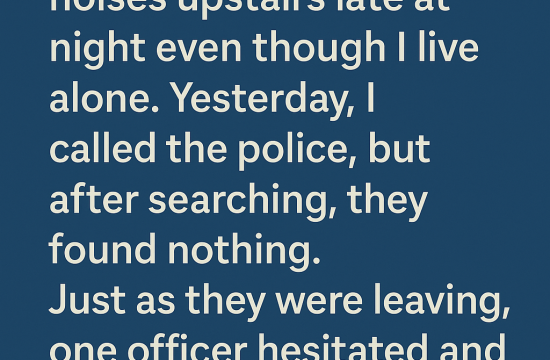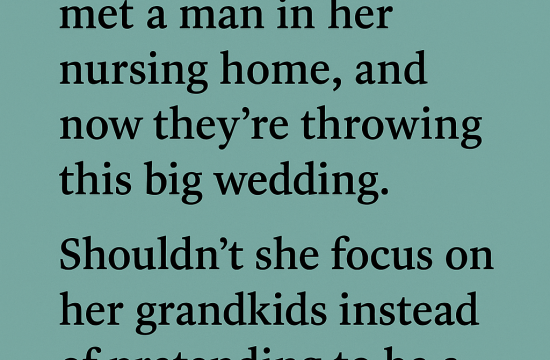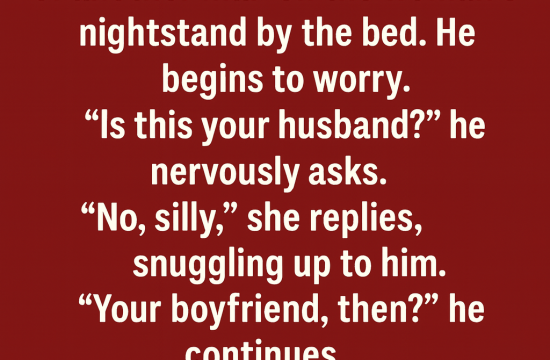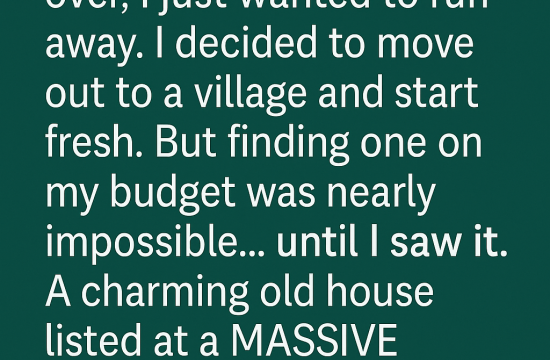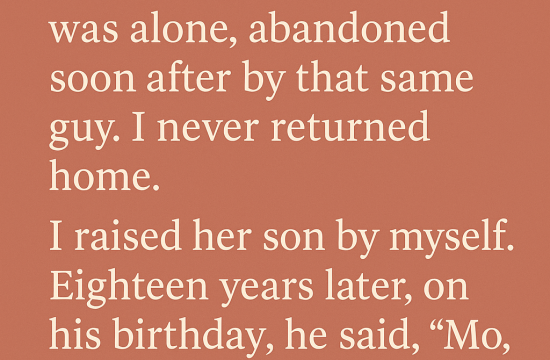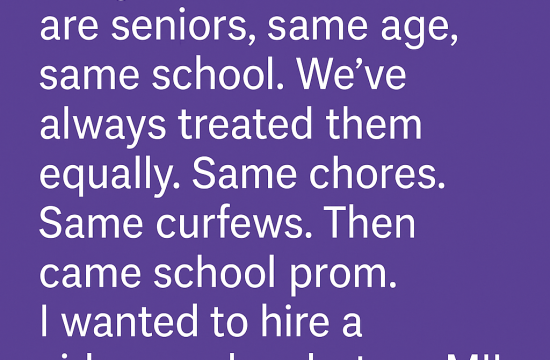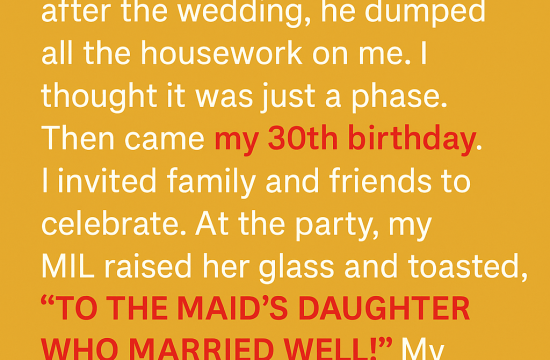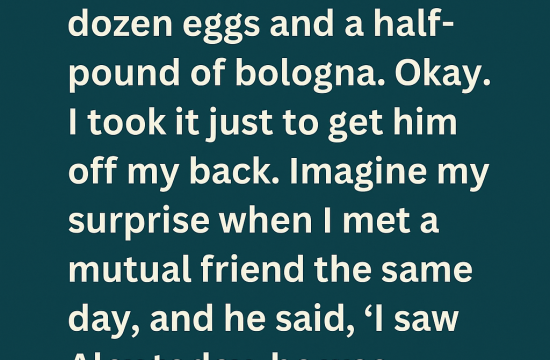My wife and I already had two children when everything changed. She was three months pregnant with our third baby when she suddenly felt unwell and ended up in the emergency room. We thought it would be a routine check, maybe just a scare. But the news shattered us—our baby wasn’t viable. She was miscarrying.
As if that loss wasn’t enough, the doctors delivered an even heavier blow: complications from the miscarriage had triggered internal bleeding. An emergency surgery was needed, and in the process, they had to remove her uterus.
I sat with the clipboard in my hands, staring through tears at the words Consent for Hysterectomy. Just hours before, we’d been discussing names and marveling at the tiny bump starting to show. Now, we were losing a baby we would never hold—and a future we hadn’t realized meant so much to us.
Mireya, my wife, tried to stay strong, but every time she looked at our youngest, Isla, she faltered. At only two years old, Isla clung to her mother like a koala, sensing something was deeply wrong.
We returned home hollow. Friends dropped off casseroles, blankets, and flowers, and people said well-meaning things like, “At least you already have two beautiful children.” But every time I heard it, I wanted to scream. It wasn’t the same. We had lost someone. We had lost a dream.
A week later, Mireya barely spoke. She would smile faintly for the kids, then disappear to lie down. One night, I found her sitting on the bathroom floor, whispering through tears: “I didn’t even say goodbye.” That’s when I realized grief wasn’t leaving on its own.
I searched for help—support groups, counselors, anything. That’s how we found ourselves in the basement of a small church, surrounded by others who carried invisible scars. Mireya didn’t speak that first night, but she listened.
It was there we met Bernice, a retired NICU nurse who had started a small nonprofit for families experiencing reproductive loss. She was blunt but kind, hugging us before even asking our names. A few weeks later, she asked us something that felt absurd at the time:
“Have you ever thought about fostering?”
At first, I thought she was crazy. We were barely standing. But then she said something that stuck: “Sometimes, healing isn’t just about what you’ve lost. It’s about what you still have to give.”
The thought simmered. And when Mireya eventually brought it up herself, I knew it had taken root.
We started the paperwork, the classes, the endless home inspections. It was exhausting but gave us purpose. Eventually, we were approved. At first, we took short-term respite care—kids who stayed just a weekend or a few days. Every goodbye was hard, but it felt like we were doing something that mattered.
Then came Elijah.
He was three days old, abandoned at the hospital. No family came forward. When the social worker asked if we could take him, we didn’t hesitate.
The moment the nurse placed him in Mireya’s arms, I saw something light up in her eyes that I hadn’t seen in months. “He smells like milk and heaven,” she whispered.
We brought him home with one onesie, a borrowed car seat, and diapers dropped off by our caseworker. Our kids fell in love instantly. Mateo, our oldest, declared himself “diaper boss,” while Isla called him “Baby Jijah.”
We told ourselves not to get attached. But of course, we did.
Months passed, and no relatives came forward. Then one day, the caseworker told us Elijah’s birth grandmother had been found. She wanted to meet him.
When she arrived, holding a photo album like a shield, she wept silently at the sight of him. “I didn’t know,” she said. “If I had, I would have come sooner.”
It was agonizing, watching her fall in love with him too. But when background checks revealed her son—Elijah’s uncle—had a violent history of domestic abuse, the courts decided her home wasn’t safe. She was devastated, but she accepted the decision with grace.
When the adoption was finalized a year later, she showed up again in the same pale yellow blouse, carrying the photo album. She handed it to us and said softly, “This is Elijah’s story too. I want him to know where he came from.”
Inside were photos of Elijah’s birth mother as a child, drawings she made, and even a note where she had written: “One day I want to live somewhere peaceful.”
She never got there. But maybe Elijah would.
We kept her in his life. She became “Grandma Reenie,” a quiet presence at birthdays and holidays, living proof that love doesn’t have to be limited.
Now, Elijah is a wild, laughing toddler who tries to ride the vacuum cleaner and eats bananas two at a time. Mireya laughs again. Our home is chaotic, messy, noisy—and whole.
We didn’t get the third baby we had planned for. But we got a miracle we never saw coming.
Sometimes healing arrives in the form of midnight feedings, hospital bracelets, and the smallest hands curling around your finger.
And sometimes, what breaks you first is what builds you most.




